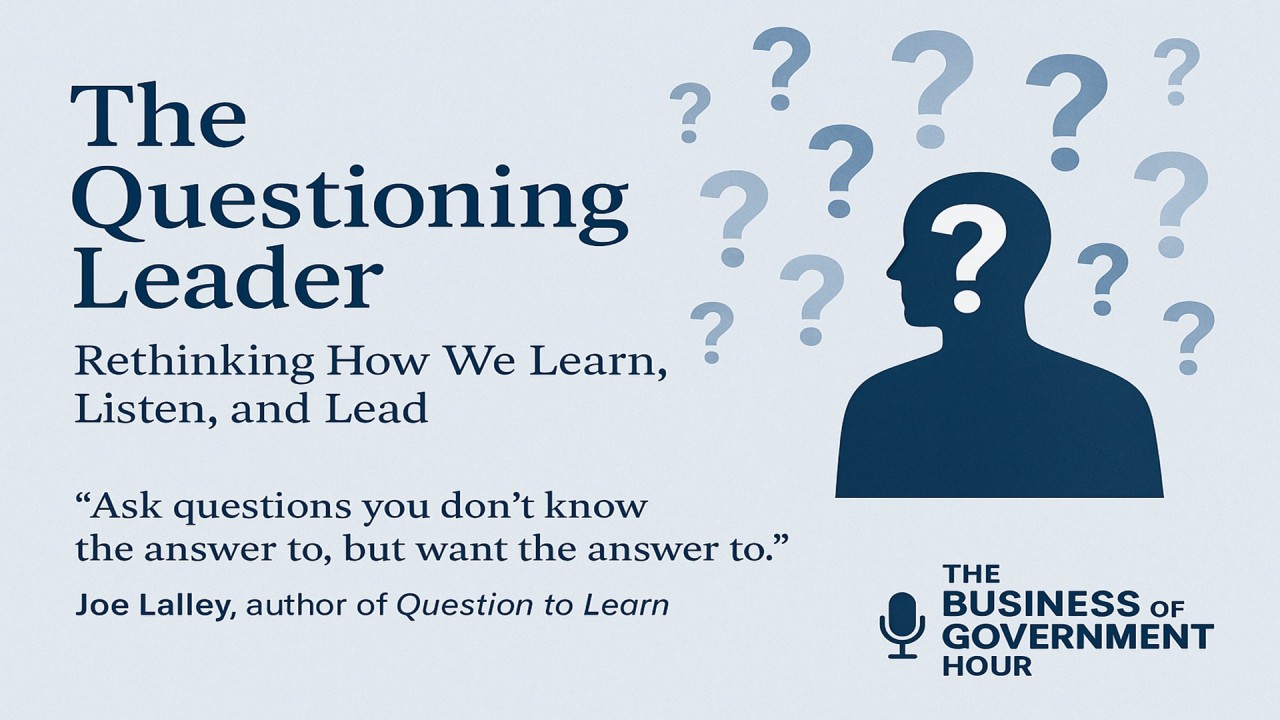Jan15

Everything from your tone, words, and body language indicates your level of confidence and authority, and if you do not come across as deserving of respect or attention, you are unlikely to get it.
While you may not be a natural leader, you can still learn to speak with authority and show others your confidence. Here are the basics for learning to speak with authority so that others will listen and respect your words.
Watch How you Stand and Sit
Your posture says a great deal about your confidence. If you look timid, people will not take you as seriously. Stand tall and straight with your shoulders back. Put one foot slightly more in front of your body and put your weight on your back foot. If seated, sit up straight, lean forward in your chair, and put your elbows or forearms on the table. In all situations, be sure you maintain eye contact and smile. These postures exude confidence and authority.
Focus on What They Need to Hear
If you want to appear more authoritative, focus on what your audience needs, not on what you are going to say. When you focus on your audience and not yourself, you can plan what you want to say so that the message is better received.
Stay Focused
Too often, people think they must talk a lot for others to see them as authoritative. Instead, the most powerful messages are actually the most concise. Say what you need to say, then stop talking. Get to the point so people can ask questions or respond.
Use Silence
The most powerful speakers know how to use silence to engage listeners and show their authority. Letting people wait a moment for your answer or response shows that you are taking your time to think and that you are calm. Intentional silence is powerful and can allow your audience to hear what you have to say much more precisely.
Use Your Voice to Show Power
There are many ways your voice communicates hesitancy, power, authority, or fear. Learning to use your voice properly can project the confidence you have. Try to keep your voice tone in the mid-range, not too high or too low. Do not speak in a monotone, but your inflection to emphasize your point and add variety to your speech. You do not need to be loud to be authoritative, either. In fact, speaking softly can often force people to lean in and listen harder. Breathe and match your words to the cadence of your breath so that you are not rushing. Make your speech as conversational as possible, and people will be more likely to listen and respect your words.
Be Yourself
Use humor, stories, and other personal touches to show people who you are and what you are about. When you put people at ease, they are more likely to trust you, so do not feel like you must be an automaton to be heard. You can be credible and human at the same time.
Don’t Overcomplicate Things
When you listen to people who use a lot of jargon and insider vocabulary, it often feels like they are TRYING to say something meaningful but not really hitting the mark. Using precise vocabulary that means something is better than sprinkling in as many fancy words as you know. A confused audience is not impressed, so keep it simple, and they are more likely to believe in your authority.
Using these tools can help you to speak with more authority and garner the attention and respect you deserve. Just a few changes to your posture, voice, and words can make a significant difference and allow people to see you for the expert that you are.
By Bev Hepting
Keywords: Entrepreneurship, Leadership, Marketing
 Who Are You Under Pressure - And Is That the Real You?
Who Are You Under Pressure - And Is That the Real You? LinkedIn Voice for Sales
LinkedIn Voice for Sales Succession Planning is Hard because it’s Identity, Structure, and Systems All at Once
Succession Planning is Hard because it’s Identity, Structure, and Systems All at Once The Corix Partners Friday Reading List - February 13, 2026
The Corix Partners Friday Reading List - February 13, 2026 The Questioning Leader: Rethinking How We Learn, Listen, and Lead
The Questioning Leader: Rethinking How We Learn, Listen, and Lead